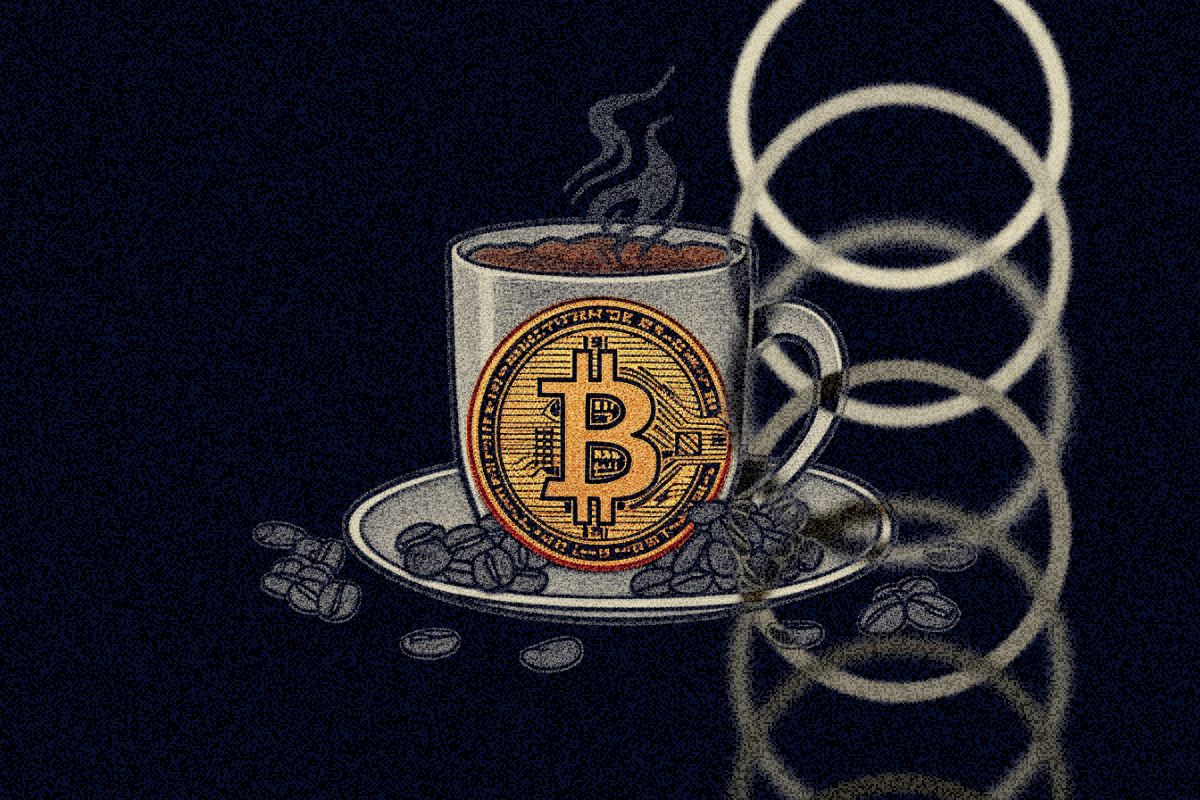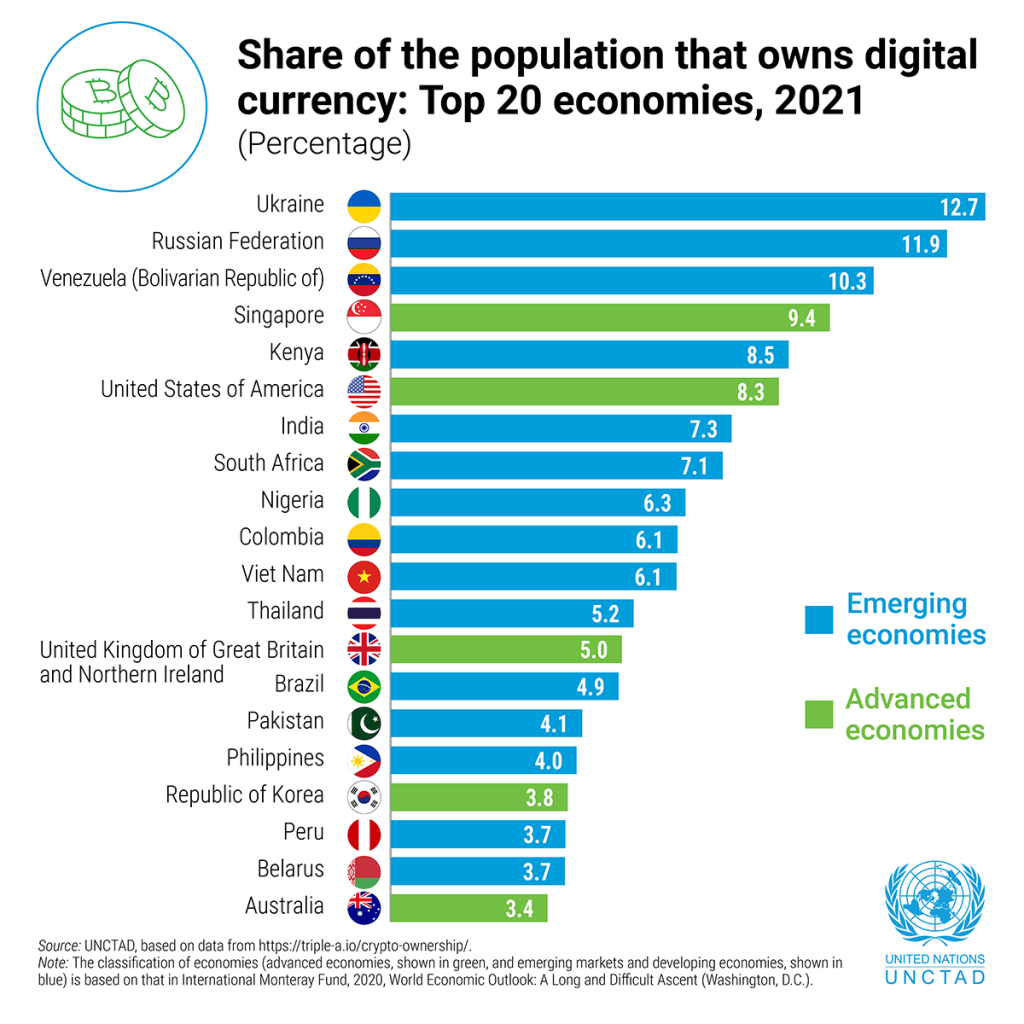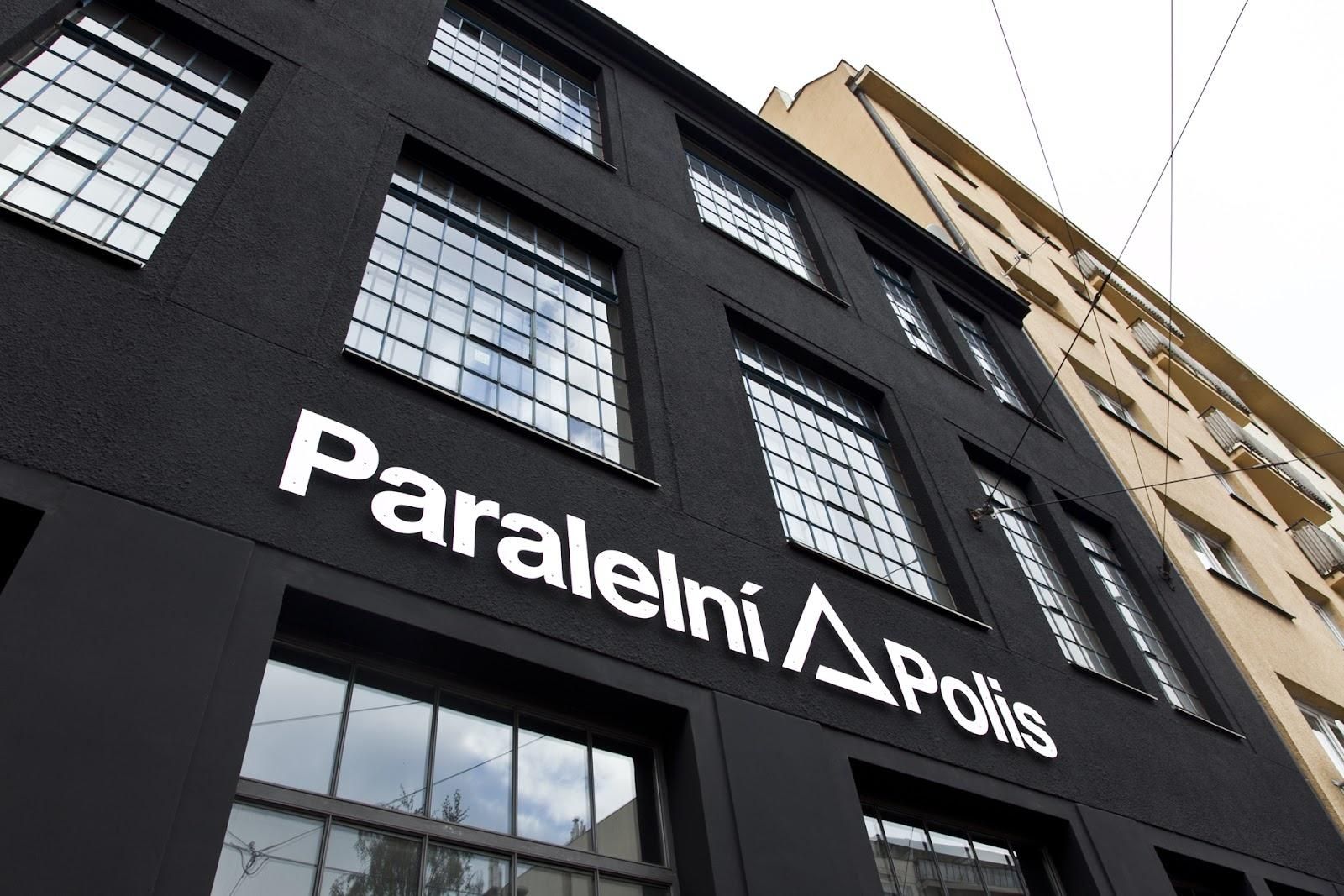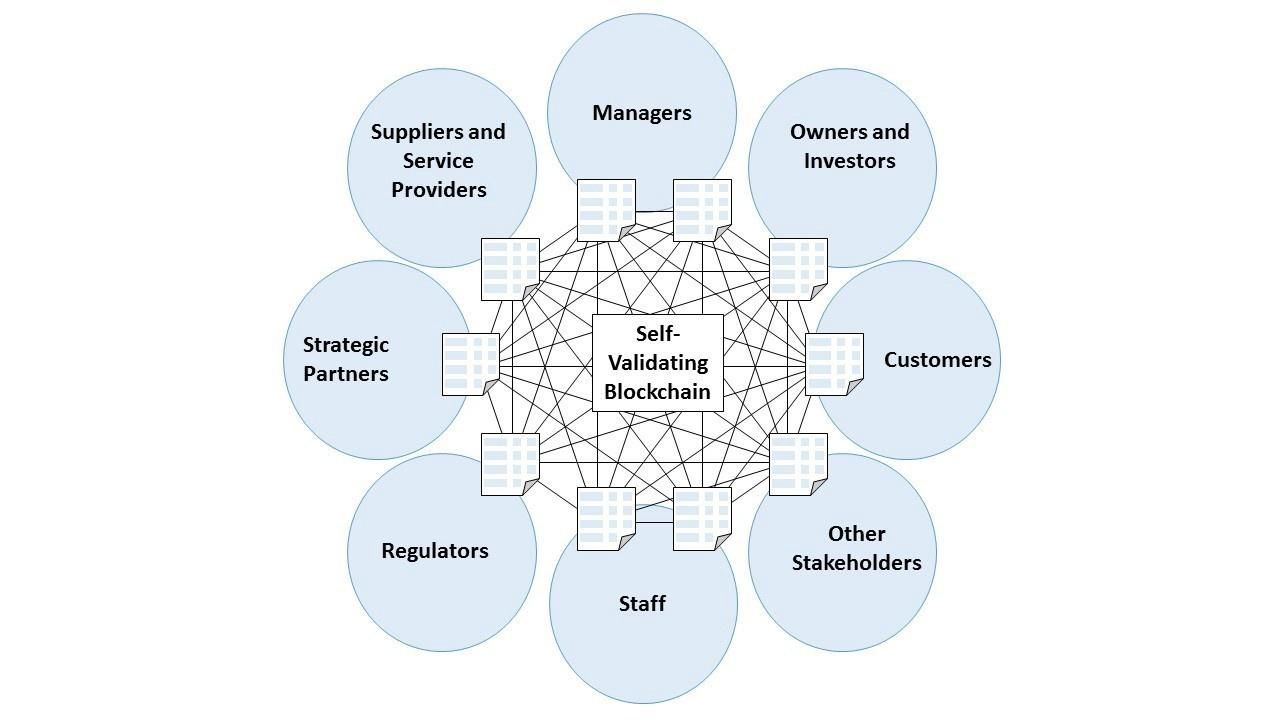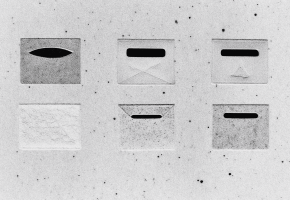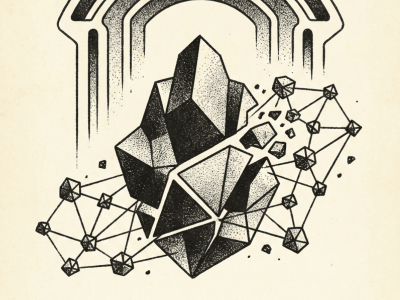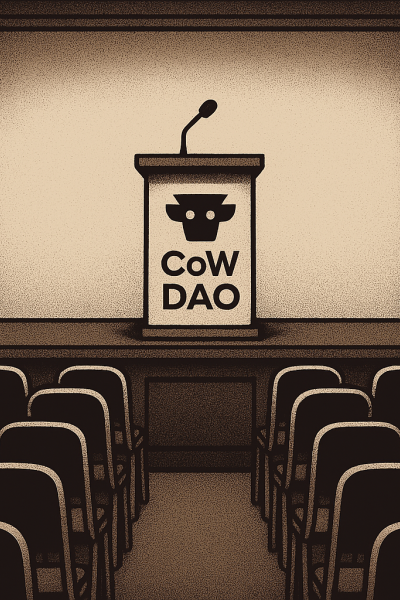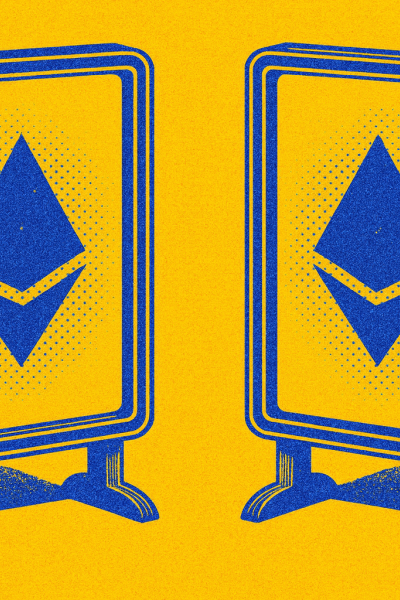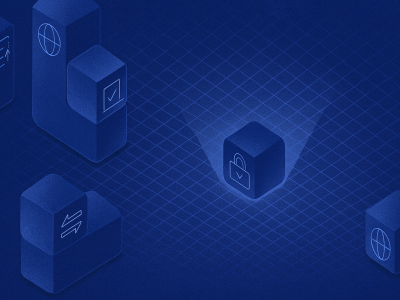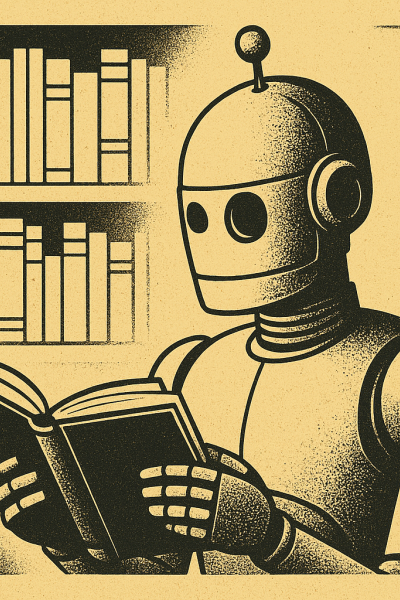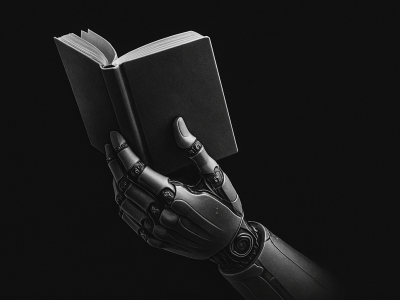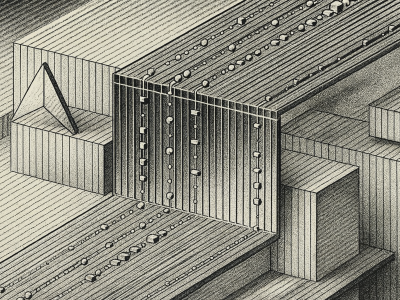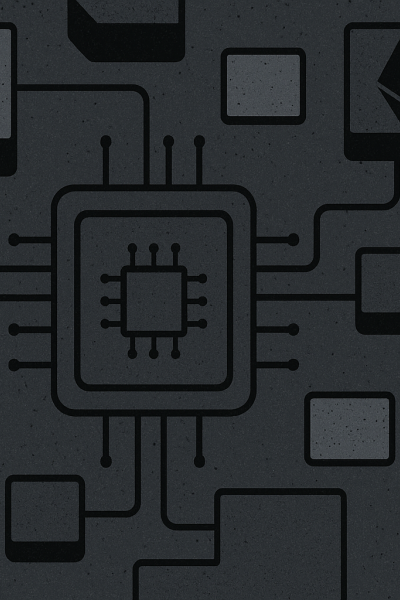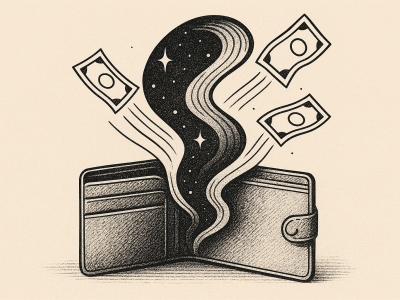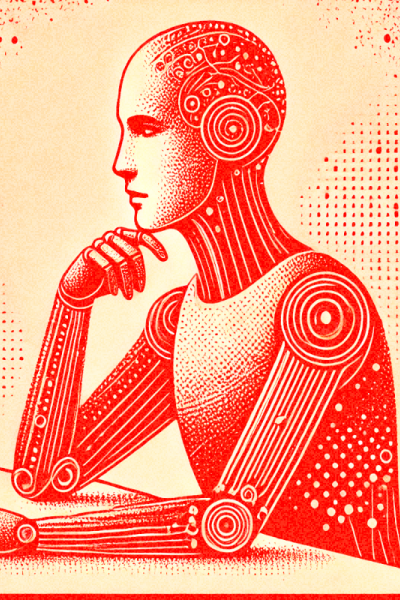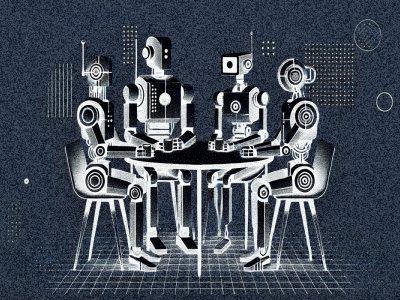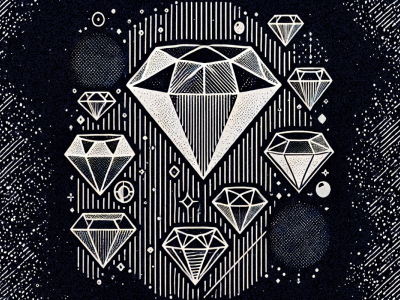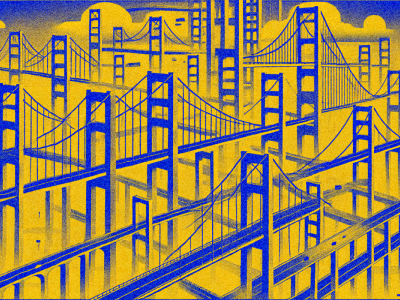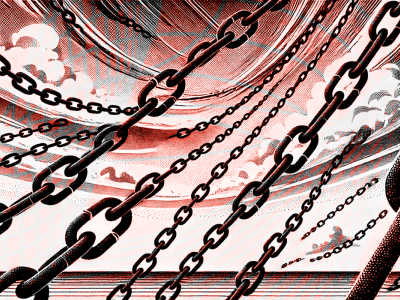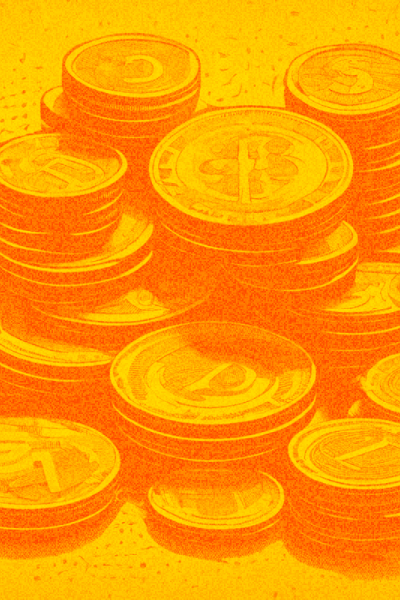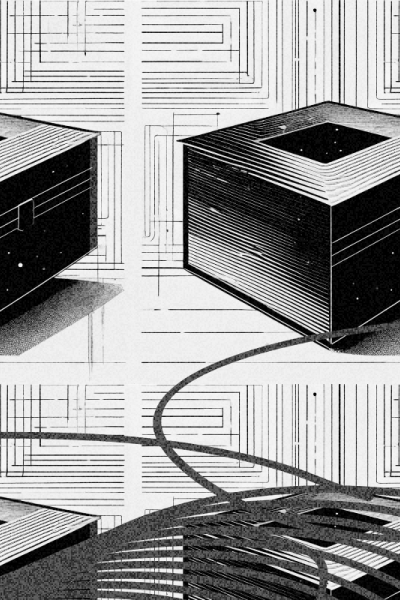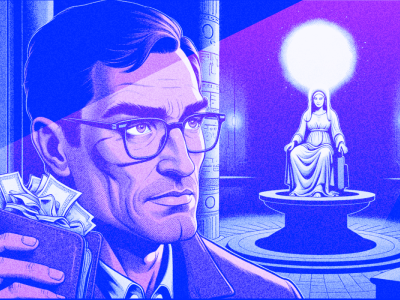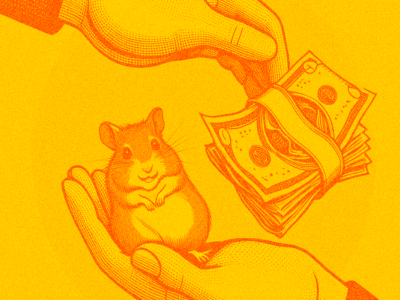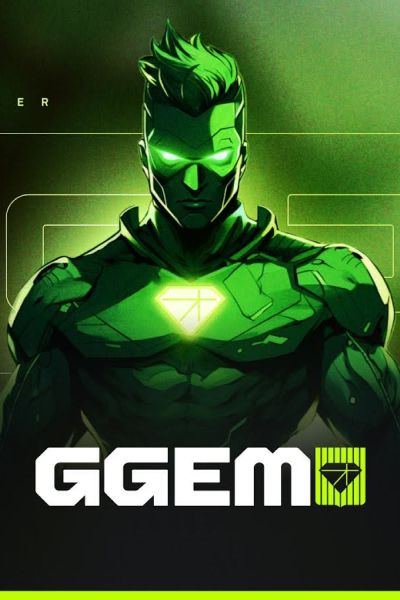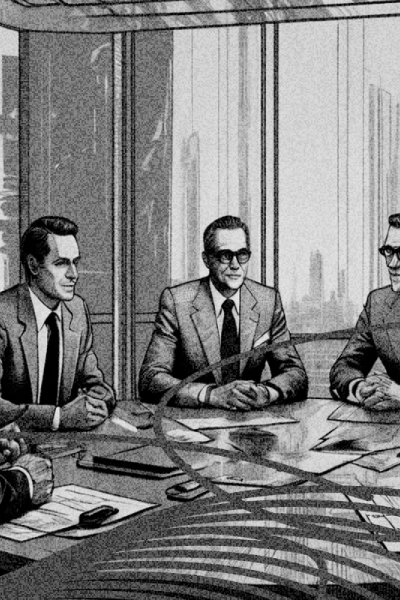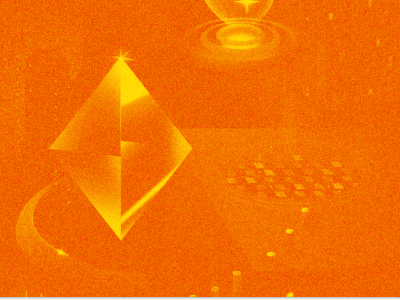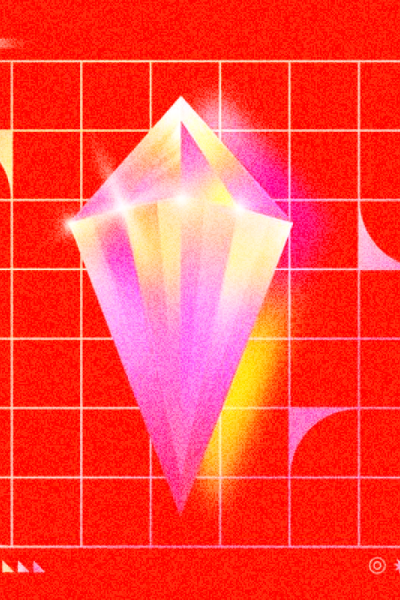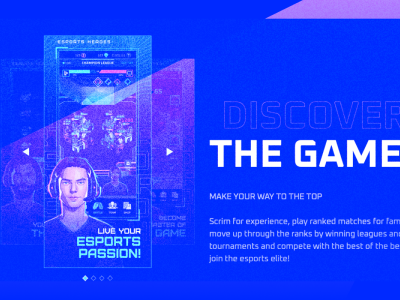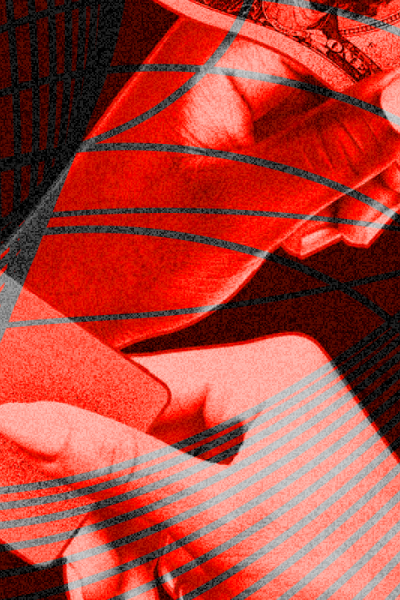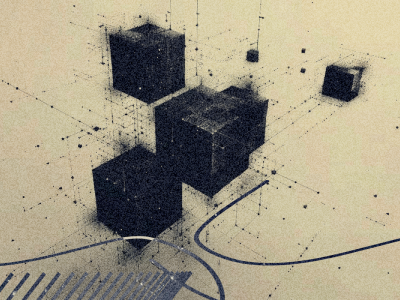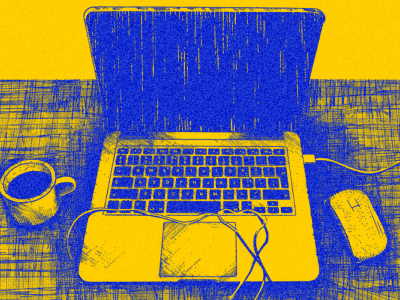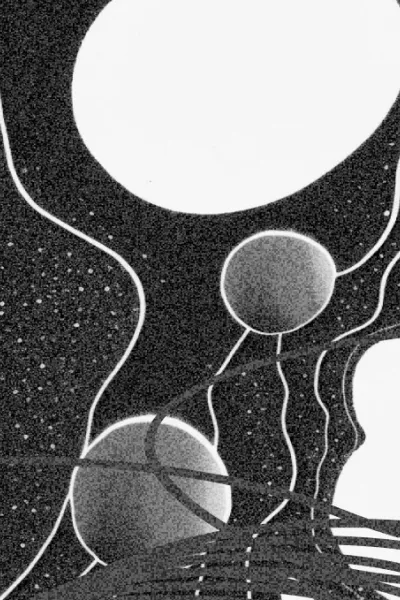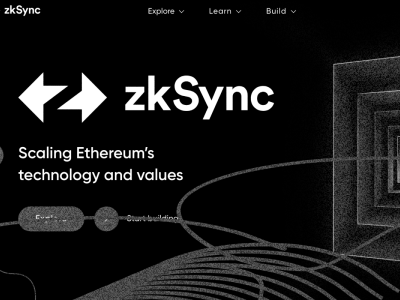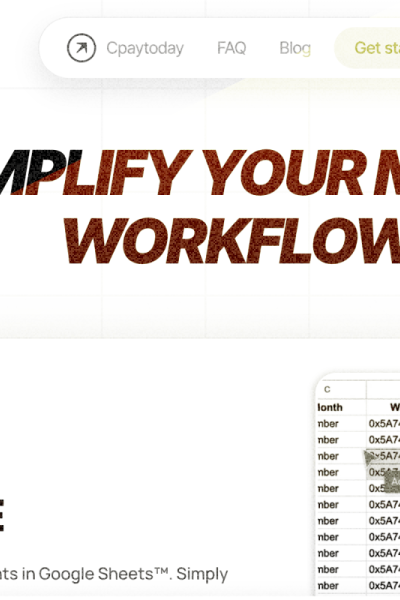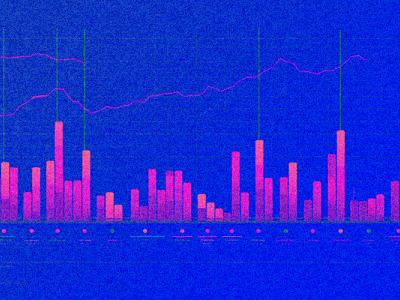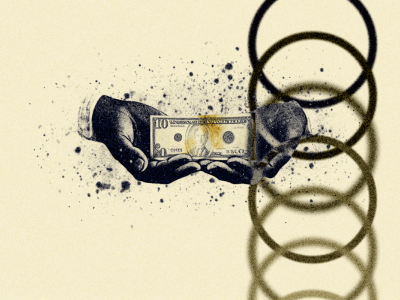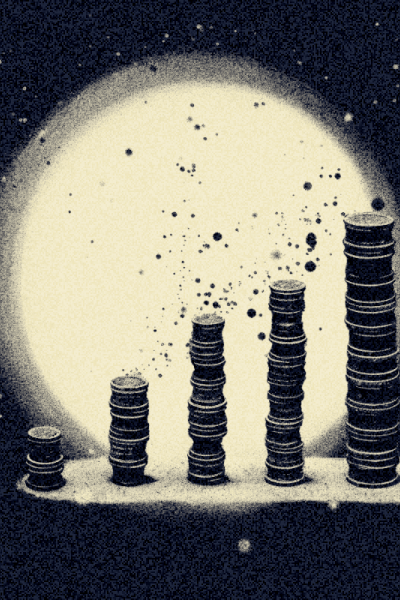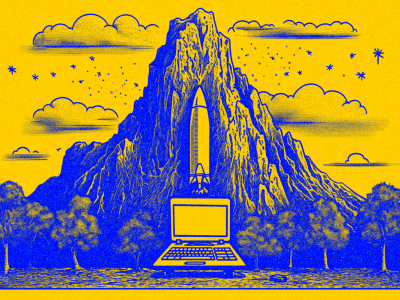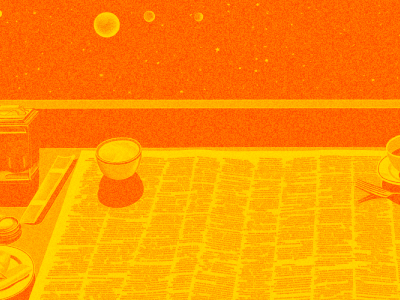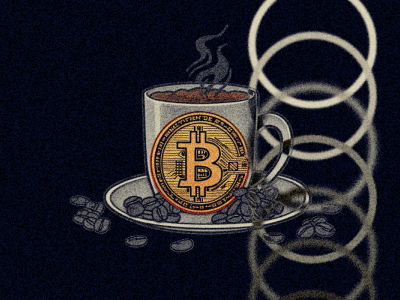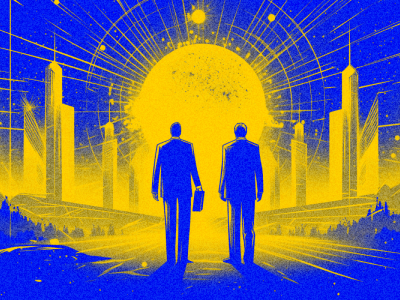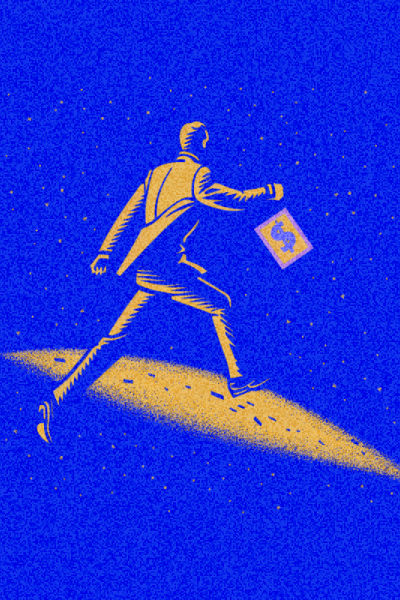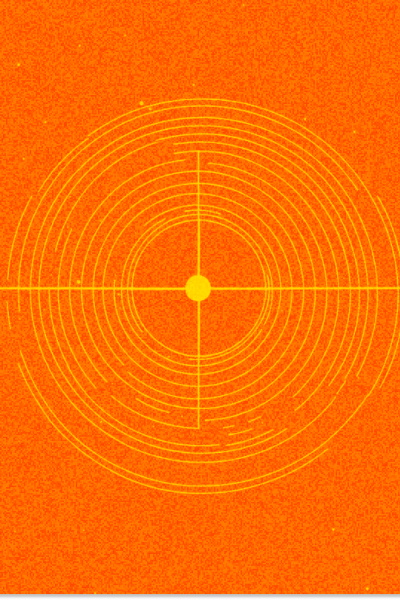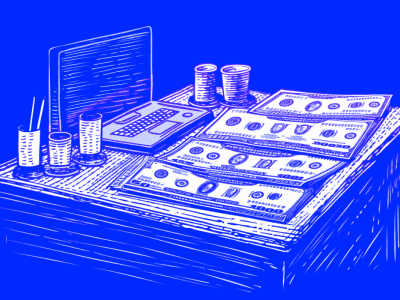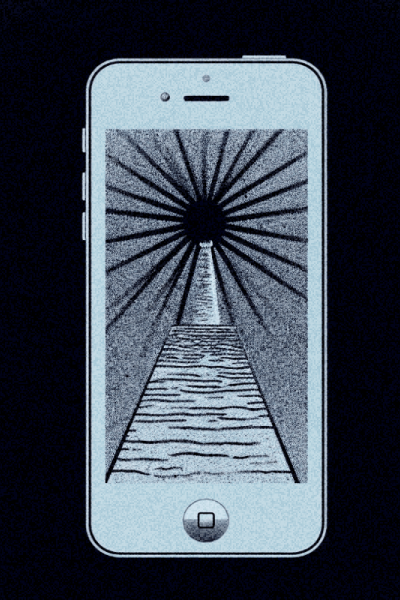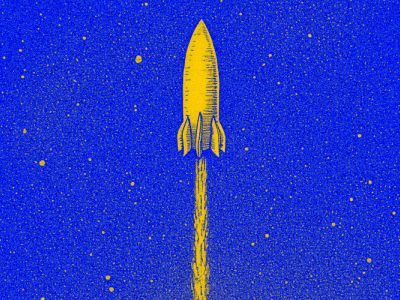Many countries prohibit the mining, sale, or purchase of cryptocurrencies. Another point to consider is blockchain, which appears to have been adopted by the majority of the world's governments. If your country does not accept cryptocurrency, you can create your own token. In most countries, the terms "cryptocurrency" and "token" are not synonymous.
Tokens are created in an existing blockchain and, in most cases, represent an analogy of securities (such as shares) and confirm ownership of a unique digital asset (we are talking about NFTs). Ownership of a token grants the right to vote, as well as bonus points or reputation. The token's value can be linked to the value of fiat currency, gold, or goods. Tokens, like securities, can be bought, sold, exchanged, and accepted as a gift; however, they cannot be used to pay for goods and services.
As a result, an entrepreneur can legally issue private money for use in his business. To attract investors, manage a user community, and collect presales, having your own token will help a business attract investors faster (no need to conclude a sale and purchase agreement) and cheaper (no need to issue bonds).
Unlike Bitcoin and other altcoins, your tokens can only be used in your own establishment. However, they will provide additional opportunities for scaling and managing a business, and if applied more broadly, they will serve the same purpose.
Tokens, according to the theory, truly democratize money. Many people in post-pandemic society are concerned about their own privacy and the removal of state control over economic planning, emissions, and personal finances. The government and banks have access to all of our personal information and money, and they can decide how much and when we will spend it (as, for example, is already happening in Lebanon). Private money, to which only the owner has access, was first articulated in the twentieth century by Nobel laureate in economics Friedrich von Hayek in his books The Road to Serfdom and Private Money. Hayek recalls that there were no state banks in the Middle Ages and Renaissance, and that many countries had a variety of private money in circulation that freely competed with each other. At the same time, they performed admirably in their tasks. Today, a state monopoly on money issuance is seen as the only possible and inevitable option, despite the fact that the pandemic and the energy crisis have demonstrated that governments are incapable of protecting citizens' private interests.
Although the term "token" was first heard on the Internet, we have long been familiar with private currencies. Starbucks and the cozy little coffee shop across the street all have reward programs where points can be redeemed for goods or services. Bonus points are essentially tokens, similar to electronic private money.
Lavkalavka, a Moscow-based farming service, created a loyalty blockchain platform and its own Biocoin token a few years ago. Biocoins, like bonus points, were awarded for purchases in the Lavkalavka chain of stores; they could also be purchased for rubles, Bitcoin, Ethereum, or Sibcoin. All transactions were recorded in the blockchain, which was integrated with 1C. Biocoin has become the community's internal currency, with some notional value.

